With the current in-progress community development effort to get Easy Anti-Cheat working in the Wine / Proton compatibility layers, they continually hit new milestones.
Starting off getting one game to progress at low performance back in late June, they shared another big update recently. Going by what they said on Twitter it appears multiple titles have become playable on Linux including: Apex Legends, For Honor, Paladins, Cuisine Royale, Halo: The Master Chief Collection (single-player already works fine though), Rust and Dead By Daylight.
The key thing is, they're absolutely not trying to circumvent Easy Anti-Cheat in any way but get Wine into a state where it understands what EAC is actually doing. As one of the developers working on it, David Torok, mentioned on Discord:
This work is not about bypassing or circumventing EAC's protection in any way. The changes we are making to wine are about improving wine, and not hacking around things just to get EAC running. In the process of doing so, we are trying to make sure EAC receives correct information from wine so that detections can work as expected. We aim to make all our changes as upstream compatible as possible. Based on all of that, as we go forward, hopefully the list of EAC versions we are compatible with will grow without breaking support for any particular version.
YouTube creator Xpander recently made a video to actually show the heavy work-in-progress code in Apex Legends on Linux showing that it does in fact work.
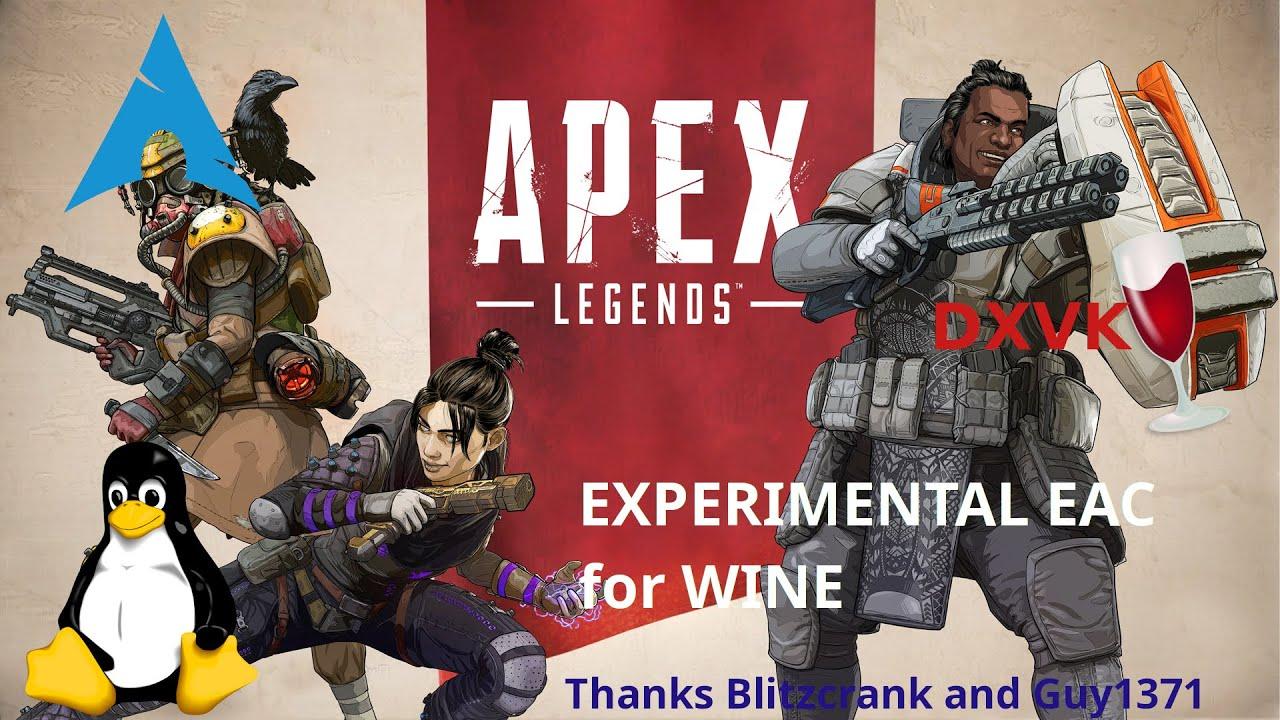
Direct Link
Lower performance though due to shader compilation, something Valve have been working around in the Steam Client with the background processing feature. If you wish to try yourself, keeping in mind it's very experimental and entirely possible you will get banned, you can find the info in the VKx Discord.
Personally though I would advise waiting and patience on it. Although it may be quite an exciting development, since this does not have the backing of Epic Games (since they own EAC) we have no idea how this will be handled if/when it gets upstreamed into Wine and makes its way into Proton. As long as it does allow EAC to work, it should hopefully not cause issues but it sounds like we're some ways off from that stage yet.
Such good news. Especially the part about not wanting to circumvent EAC, so likely hood of it being blocked is low.
Quoting: LinuxwarperI reckon this will be accurate depiction of how gamers on Windows will react once EAC support is solidified:All Linux users will be thrown into icy waters? :tongue:
External Media: You need to be logged in to view this.
Such good news. Especially the part about not wanting to circumvent EAC, so likely hood of it being blocked is low.
I'm curious to see the response of EAC. Will they be satisfied that this method serves the purpose of EAC, or will they feel that "hiding" the Linux system behind it is a circumvention in itself. I have no doubt that some people behind the scenes are looking closely at what is happening.
Quoting: EhvisAll Linux users will be thrown into icy waters? :tongue:That's where the freshest fish are!
Seriously though, many gamers views on gaming align with Linux principles. DRM free and libre lincenses (modding) to mention two. So Windows gamers can be considered penguins that have never sought out the bountiful sea (Linux). It's contradicting how we want EAC and other anti cheat to work on Linux, but this is a necessary evil.
Last edited by Linuxwarper on 10 Jul 2020 at 12:19 pm UTC
... and then after all that is done, that pretty much puts our overall game compatibility with Windows at what.. 90%?
I imagine this will definitely result in a boost of gamers to Linux, combined with a boost from other sources, such as the fact that Steam is coming to ChromeOS..
Good times ahead folks.
Ea games and especially Respawn works are great and very played.
Apex is the most tactical and strategic battle-royal to play today.
Now add Fortnite and other epic stuff, and it will be 99.99% overall game compatibility with Windows ;)
Quoting: Comandante ÑoñardoEPIC can adopt PROTON for a future Linux client..It's opensource, they can, but if they don't suport it with programmers, or money, i don't think is ethical in time when they attack source of money of company who supporting it...
Last edited by Arten on 10 Jul 2020 at 4:50 pm UTC
Last thing we need is AAA games blocking linux players due to people cheating with it.
Quoting: Arten"Ethics" and "Epic" do not go in the same line...Quoting: Comandante ÑoñardoEPIC can adopt PROTON for a future Linux client..It's opensource, they can, but if they don't suport it with programmers, or money, i don't think is ethical in time when they attack source of money of company who supporting it...
They only have to spend money in their Linux client development, which is insignificant for their bank accounts, and let Valve do the rest.
Under Linux there is basically nothing worth noting when it comes to facilitating cheating so I'd be amazingly surprised if hackers/cheaters shift to Linux.
It might not actually be a bad thing either as it will give the OS more attention and EAC/BE are unlikely to outright block Linux (they already support Linux via native apps) but will work on resolving the security issues under Linux instead.
While cheaters/hackers in games are terrible, they still represent a motivated revenue stream for developers/publishers so cutting out an entire platform would be a rather dumb founded move!
Its the same deal with pirates, whom are MORE LIKELY to buy more games then a regular joe, simply because they get exposed to more games and are likely to buy stuff they enjoy. A regular joe doesn't know what he is missing, basically, thus spends less.
Last edited by Gerarderloper on 11 Jul 2020 at 4:24 am UTC
Quoting: TheRiddickIts the same deal with pirates, whom are MORE LIKELY to buy more games then a regular joe, simply because they get exposed to more games and are likely to buy stuff they enjoy. A regular joe doesn't know what he is missing, basically, thus spends less.This is faulty logic that's long been proven wrong. Absolutely every statistics in the world will show you that.
And although highly anecdotal, I can with no shadow of doubt declare that I've never bought more games than after I stopped pirating. In fact, back when I was sitting there with torrents I hardly bought a single game. Or a single piece of software in general, for that matter. Including Windows.
And why should I, when it was all there right in front of me, for free?
I frequently pirate games (sue me) to try them out to see if their actually any good.
Now I could go through the annoying buy and refund process, but its just a major hassle(and it has conditions), especially when I suspect a title is a piece of shit, for example MechWarrior5 and PhoenixPoint, what absolute garbage quality those two titles were, maybe worth $10 in the bargain bin one day!
I can't tell you how many times I've pirated a game, played it for an hour and said "holy shit this is absolute crap", and felt like I really dodged a bullet. (yes they get deleted off my storagedrive)
If I can't try something out easily beforehand, most the time I just don't bother about it. If it wasn't for the option of pirating a game to try it out, I'd definitely be buying a shit load less of them! (again I'm not interested in going through a week long process to get a refund)
Last edited by Gerarderloper on 12 Jul 2020 at 8:24 am UTC
Quoting: PatolaWell there's the unpublished [EU study from 2015](https://www.forbes.com/sites/emmawoollacott/2017/09/21/european-commission-accused-of-burying-controversial-piracy-report/) showing that they buy more (just search for "EU piracy study" for more sources on that one), but studies commissioned by intellectual property holders or their advocacy groups tend to show the opposite. And usually it's these groups that have the motivation to fund studies and statistics.Quoting: BeamboomAre there any actual statistics showing that pirates buy more (or less) games? If there are, I don't know. Care to tell the source?Quoting: TheRiddickIts the same deal with pirates, whom are MORE LIKELY to buy more games then a regular joe, simply because they get exposed to more games and are likely to buy stuff they enjoy. A regular joe doesn't know what he is missing, basically, thus spends less.This is faulty logic that's long been proven wrong. Absolutely every statistics in the world will show you that.
Here's a quote from that Forbes article:
"In general, the results do not show robust statistical evidence of displacement of sales by online copyright infringements," it concludes. Indeed, it found that games piracy actually increased legitimate sales.I started buying more games as soon as I could afford them, and stopped pirating when I was old enough to understand the implications.
Quoting: PatolaAre there any actual statistics showing that pirates buy more (or less) games? If there are, I don't know. Care to tell the source?Oh, there's plenty of stats that shows the correlation between availability of cracks and drop in sales. Plenty.
I remember an interview with a developer back when there were still gaming magazines, must have been early 2000, and he said that on PC they had a very tiny window to cover a vast majority of their investments, and that was from release day until the first cracked version popped up on torrent sites. From that day on the sales plummeted, died out completely. Anything not earned from then on was lost.
One could also see on the overall PC games sales when a new version of a widely used DRM system was cracked. It caused *waves* on the sales charts.
It became so bad that at one point, before DRM became better, there were hardly any money left in PC gaming. Plenty of developers - especially the mid sized ones with large projects but not strong enough backs to carry too heavy losses - left the PC game market and focused on console exclusive releases.
But really, do we need numbers to believe this? Isn't it enough to use our own heads, our logic and rational reasoning?
Would the industry have invested such a massive amount of resources and efforts on intricate DRM systems, online verification etc, if piracy lead to more sales?
Like, seriously - are we really questioning this?!
Last edited by Beamboom on 12 Jul 2020 at 4:52 pm UTC
Quoting: BeamboomBut really, do we need numbers to believe this? Isn't it enough to use our own heads, our logic and rational reasoning?Sure, relying on data instead of your gut is pretty much always a good idea. No matter how rational our reasoning, it's often based on faulty assumptions or oversimplifications, especially when it comes to the human element.
Would the industry have invested such a massive amount of resources and efforts on intricate DRM systems, online verification etc, if piracy lead to more sales?
Like, seriously - are we really questioning this?!
I'm not claiming to know one way or the other, but the lack of independent studies confirming your claims should at least be noted. You can always find anecdotes to support any hypothesis, but that's not the same as data.
In reality, the PC gaming industry is bigger than ever. Game piracy isn't a good thing, but at least it doesn't seem to have caused enough damage to seriously harm the market. Popular games still make millions. Some of those make millions on the PC platform, even without DRM. Even if you think no pirate is ever going to pay for a game, then maybe a significant portion of pirates are people who wouldn't be buying these games anyway, at least not through legitimate channels? It's only the ones who would have bought if pirating was not an option that are an actual problem to game studios, if you ignore the ethical implications of grabbing a copy of a copyrighted work for free. But you're not talking about the ethics.
Quoting: Beamboom"A developer said" is not a study or empirical data. Also it could just be that sales die off drastically after a game has been released for a while no matter what and that time period happens to coincide with the amount of time it generally takes for a crack to come out. In my experience if someone wants to buy a game they will buy it and if they want to pirate it, they aren't going to buy it regardless of whether there is a crack. Some people would pirate a game they would otherwise buy because the DRM is to intrusive and restrictive. I've had games that only allowed you to activate once, on one PC. Get a new PC and you can't reactivate it. You might as well fund the crackers yourself. I've literally pirated games I bought for that reason, it was easier to deal with the pirated version than the one I paid for.Quoting: PatolaAre there any actual statistics showing that pirates buy more (or less) games? If there are, I don't know. Care to tell the source?Oh, there's plenty of stats that shows the correlation between availability of cracks and drop in sales. Plenty.
I remember an interview with a developer back when there were still gaming magazines, must have been early 2000, and he said that on PC they had a very tiny window to cover a vast majority of their investments, and that was from release day until the first cracked version popped up on torrent sites. From that day on the sales plummeted, died out completely. Anything not earned from then on was lost.
One could also see on the overall PC games sales when a new version of a widely used DRM system was cracked. It caused *waves* on the sales charts.
It became so bad that at one point, before DRM became better, there were hardly any money left in PC gaming. Plenty of developers - especially the mid sized ones with large projects but not strong enough backs to carry too heavy losses - left the PC game market and focused on console exclusive releases.
But really, do we need numbers to believe this? Isn't it enough to use our own heads, our logic and rational reasoning?
Would the industry have invested such a massive amount of resources and efforts on intricate DRM systems, online verification etc, if piracy lead to more sales?
Like, seriously - are we really questioning this?!
Console's aren't without piracy. I don't know about the newest generations but some consoles had extensive piracy. The Wii, the Playstation and the PSP were pirates wet dreams, they were also extremely successful.
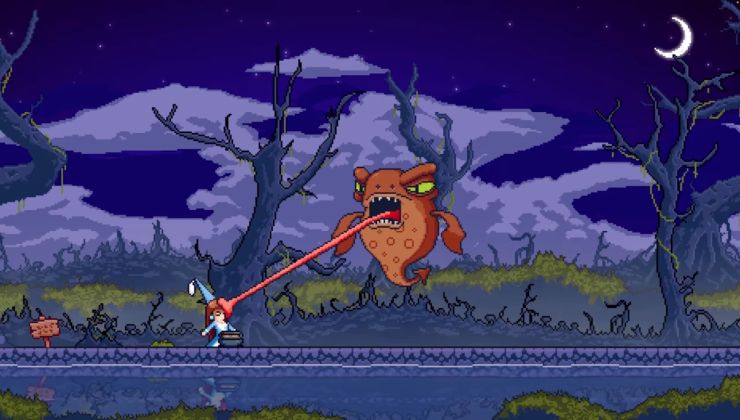
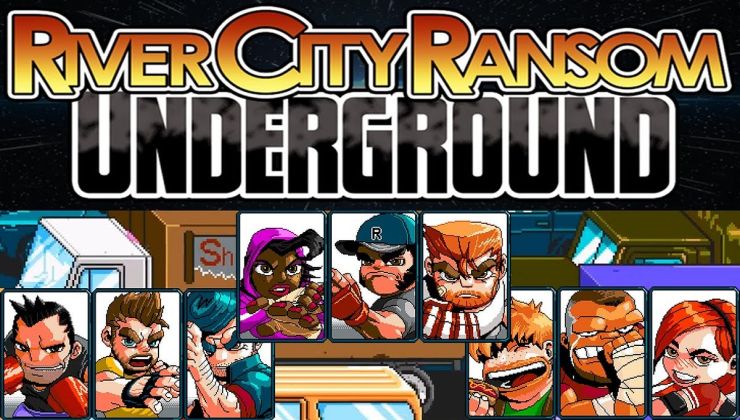
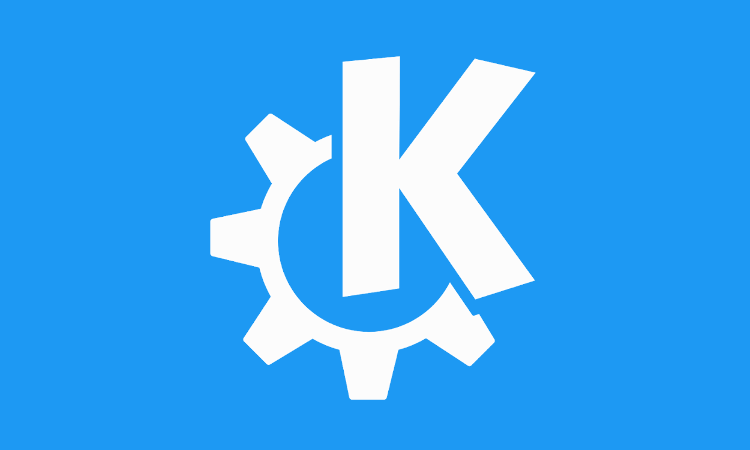
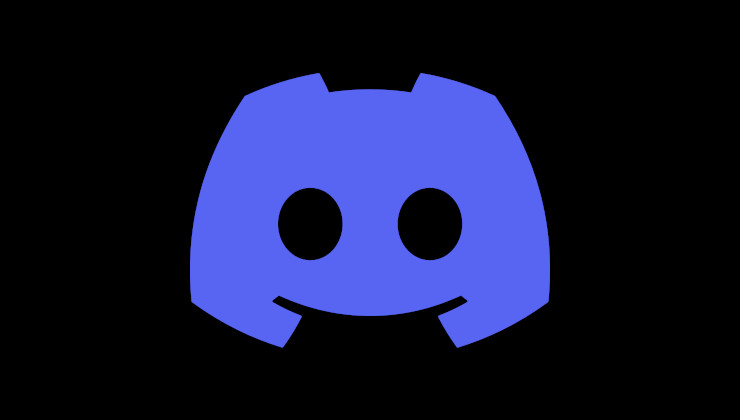









 How to setup OpenMW for modern Morrowind on Linux / SteamOS and Steam Deck
How to setup OpenMW for modern Morrowind on Linux / SteamOS and Steam Deck How to install Hollow Knight: Silksong mods on Linux, SteamOS and Steam Deck
How to install Hollow Knight: Silksong mods on Linux, SteamOS and Steam Deck